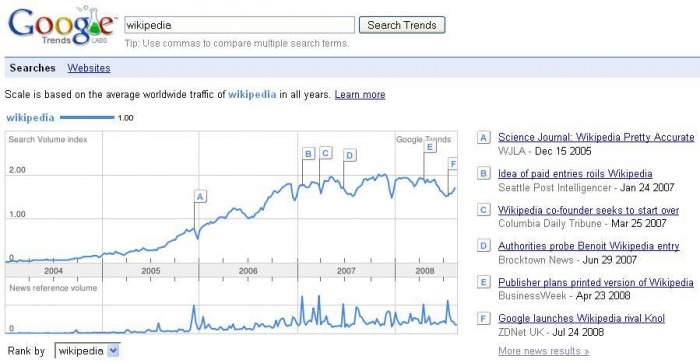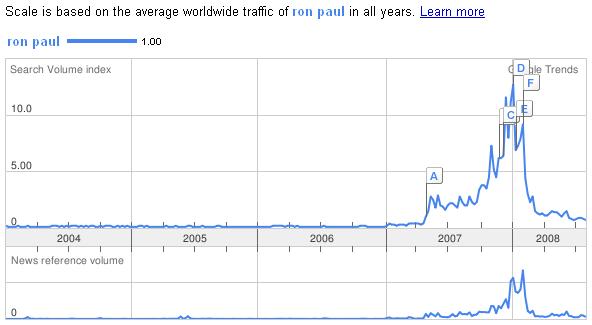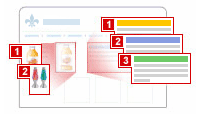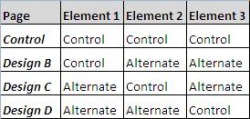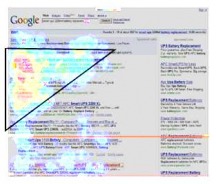The Logic of Loyalty
During my sophomore year in college, I got a call at two in the morning. It was my friend Quattro.
“Brian, can you come pick me up from the hospital?” “Sure” I said, “I’ll be right there” As I got dressed, I wondered what had happened. It turns out that he had been hit by a drunk driver. His truck was totaled but he was okay.
Incidents like that make you think about why we have friends. Are they there for your own recreation? Or do they serve a greater purpose? I know at least a hundred people that would gladly help out if something happened to me. These people know that in a heartbeat I would do the same for them. A community of genuinely loyal people is the greatest asset one can possess.
Not only does our community shield us from uncertainty, but without it we couldn’t be successful in life.
Imagine you are a construction contractor. Will you make more money if you,
A. Save money by performing all of your own physical labor, equipment leasing, accounting, marketing, and taxes?
Or B. Commission experts as your company grows?
If you would like to be anything more than a helpful neighbor, the choice is clear. Becoming a financially successful contractor requires strong relationships with experts like subcontractors, accountants, and laborers.
In the book good to great; great companies are proven to focus on one thing and improve on it, year after year. These are the companies that are successful for decades on end. This principle applies to individuals as well. Organizations become successful when their members focus on being the best at one thing and then share that contribution with the group. Trying to do everything at once is like trying to boil the ocean, it's simply impossible.
When applied to our personal lives, the principles of loyalty and focus enable what we can never achieve alone.
While less than 15% of college students join fraternities, the vast majority of presidents in the last century have been in them. While the social fraternity may not be for everyone, we can all learn from their successes.
What follows is a random fraternity experience that I had:
I was at a gathering on Saturday night; two guys from a band were visiting and talking with a few of the brothers. They were from El Paso and had been in town for a few days promoting their music.
"We're in Austin promoting our band" Stated the Bassist. "We've been playing shows and we're looking to make it big".
"Talk to Eric, he works with KVRX." (an Austin radio station) One of the fraternity guys replied.
That casual statement opened the door that took the band to the next level. Utilizing Eric’s experience in communications allowed the band to focus on what they do best, writing great music.
Your community could be a church, a non-profit, a sports league, a sewing circle, whatever you are interested in. The stronger the bonding experience, the better.
Lessons
1. Become extremely good at one thing and share it with your community.
2. Develop meaningful relationships with trust and loyalty
In this world, you get what you give. The more loyal you are to your community, and the better you get at that one thing, the more successful you will be.
